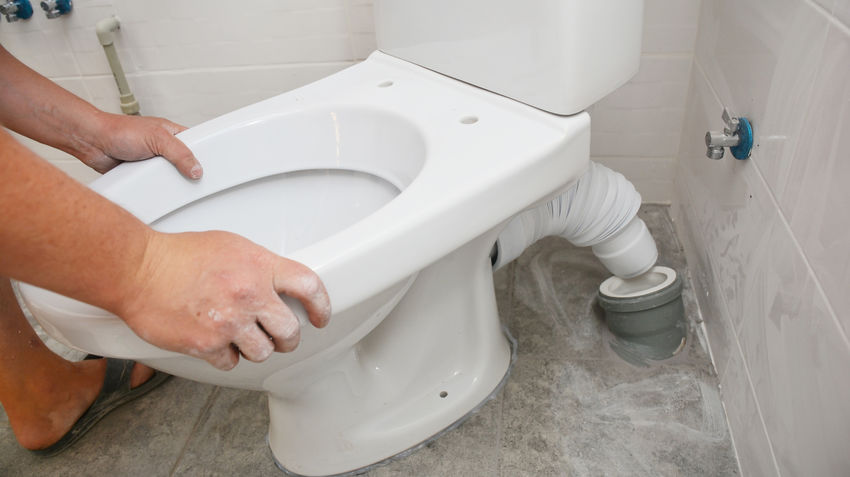Can Corona Virus Travel Through Vents
This says Taege is highly unlikely. Centers for Disease Control and Prevention warned that Covid-19 could spread through airborne particles that can remain suspended in the air and travel beyond six feet but later walked.
 Can Coronavirus Spread Through Defective Bathroom Sewage Pipes College Of Public Health
Can Coronavirus Spread Through Defective Bathroom Sewage Pipes College Of Public Health
Previous studies have shown.

Can corona virus travel through vents. However some uncertainty remains about the relative importance of different routes of transmission of SARS-CoV-2 the virus that causes coronavirus disease 2019 COVID-19. Scientists say there has been too little research into the role of heating ventilation and air conditioning systems in the spread of the. A recent study published in Emerging Infectious Diseases found that nine people in Wuhan China the first epicenter of the new coronavirus outbreak were infected.
Evidence now confirms that this virus can remain airborne for longer times and further distances than originally thought. We make these aerosols when we breathe and we make more of them when we talk yell or sing. After low exposure to a far-UVC lamp 999 percent of the virus had been killed.
And this may seem obvious but air conditioners have fans that blow the air around. Experts say that the risk of widespread infection in a building is unlikely because the mode of transmission of the coronavirus is primarily respiratory meaning it is spread directly through. So the conoravirus can get through the HEPA filter but the big particles that the conoravirus is riding on cant get through the filter Dr.
There is no concrete evidence so far that someone can be infected through contaminated indoor air travelling over a great distance or through indoor vents but there are. Preliminary studies of the COVID-19 virus have suggested it is present in fecal matter though it is still unclear whether the coronavirus could be transmitted and infect others by some type of fecal-oral route via exposure from hands to nasal passages and eyes not through ingestion. Field also suggests turning off the AC if you can.
Some experts say its unlikely you will contract COVID-19 through a heating system. Air conditioners on a building. Can the coronavirus travel through air vents.
HVAC heating ventilation and air conditioning systems in large residential buildings are not spreading COVID-19 by moving the virus from one dwelling to others. If it does emerge that the virus can travel through pipes it will mean that residents staying at home to avoid the virus might be at risk in the place they felt most. Preventing the Spread of COVID-19 By Circulating Air in Schools and Other Buildings How COVID-19 Spreads Through the Air.
If someone in the building is shedding the new coronavirus it can build up in the recirculated air. Changes to building operations including. As can be seen in the figure toilets as well as sinks and floor drains have a U- or P-shaped pipe that prevents sewer gases from entering the home and that allows wastewater and odors to escape.
Transmission of SARS-CoV-2 through the air is sufficiently likely that airborne exposure to the virus should be controlled. Aerosols can be described as a tiny virus-filled mist that allows virus to hang in the air and travel further than. Its somewhere between free-floating airborne viruses and much larger droplets.
The researchers using a misting device added two common coronaviruses to the air. Hong Kong health officials are investigating whether an unsealed pipe could have led to the coronavirus spreading through an apartment buildings bathroom ventilation system. Although a small number of cases have occurred because of HVAC system airflow it is not a common way to contract the coronavirus said Rick Martinello medical director for infection prevention at Yale New Haven Health.
If thats the case. The virus that causes COVID-19 can spread from one person to another in tiny particles of water and virus called aerosols. Indoor Air and Coronavirus COVID-19 COVID-19 is thought to spread mainly through close contact from person-to-person.
The researchers believed that the coronavirus-laden aerosols from the familys feces wafted into their homes through the buildings pipes. While some studies suggest the chances of contracting coronavirus on a. The effectiveness of air filtration and ventilation on airplanes is still not totally clear.